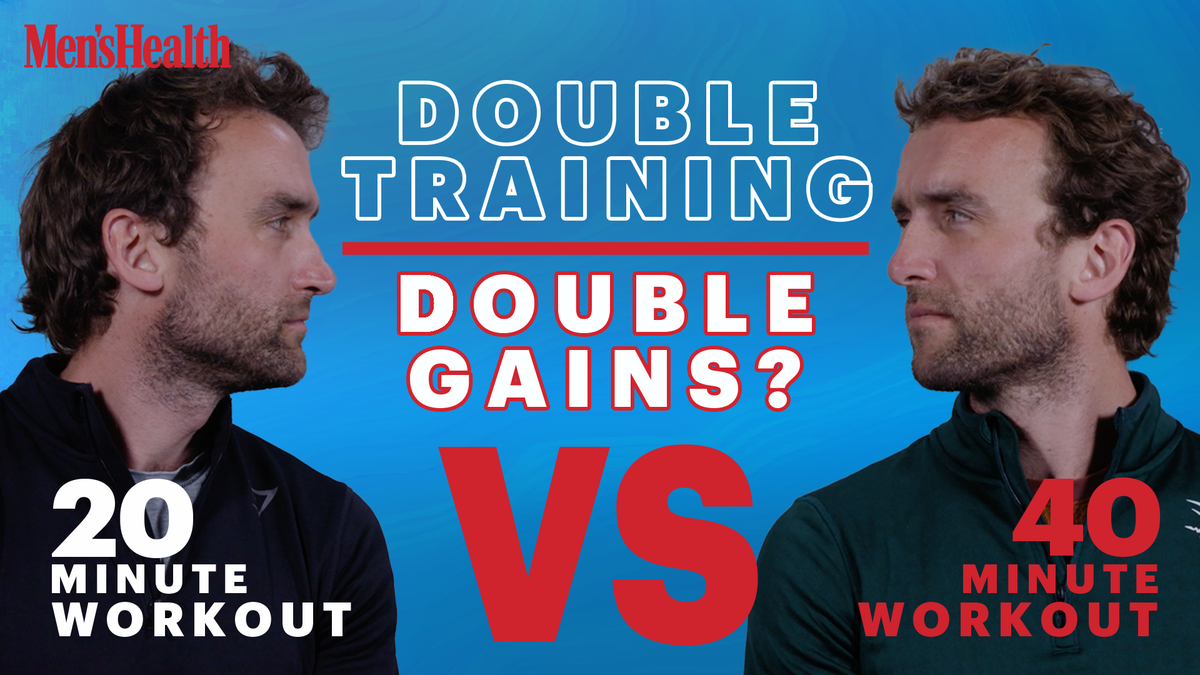I can’t remember the first time I heard the phrase ‘getting in shape is 80% diet’, nor any of the numerous other variations on that theme. But each time I spot it, I find it serves up more questions than answers. What does it actually mean?
Are we saying that 80% of our efforts need to be directed towards perfecting our nutrition, with less thought channelled into training? Or, does it mean 80% of our results can be attributed to diet, while only 20% can be affected by our time spent in the gym?
Does this hold true for muscle gain as well as fat loss? What about performance? Can we attribute 80% of Usain Bolt’s 9.69-second 100m dash at the Beijing Olympics to the 100 chicken nuggets he confessed to eating in the run-up? While most people would nod along with the idea that good nutrition is paramount, deep down, most of us know it’s more nuanced than that. Here’s a thought experiment to demonstrate this.
Let’s take a set of twins. Imagine that, until now, they’ve led exactly the same lifestyle.
We give one twin a first-class nutrition plan, dreamed up by the world’s foremost experts, along with a personal chef so he can follow it to the letter (wouldn’t that be nice). Twin A is instructed to exercise only when he feels like it. He’s mostly sedentary.
The other twin is provided with the world’s best muscle-building programme. While he trains like an absolute beast, he can eat whatever he wants, which ends up being a fairly typical British diet.
Now, here’s where I’m going to ask you to make an intuitive leap; in eight weeks’ time, which twin do you think will have seen the most dramatic changes to his appearance, performance and fitness level?
I’m certainly not saying that Twin A has wasted his time – he may well have seen remarkable upturns in his health and mood. And if we were to ensure that he was in a caloric deficit, he would have lost weight during this period.
My position is that we shouldn’t downplay the importance of training in driving physical improvements – and saying that training only accounts for 20% of our results does just that.
I’ve seen men become dispirited after pouring their efforts into a perfectly meal-prepped diet, only to see little to no gains in the gym, simply because they weren’t training hard enough.
Instead, a better framework is to start thinking of training and nutrition as coefficients. Of course, being mindful of your diet pays off, especially when it comes to fat loss. But if your goals are greater than simply shifting weight, don’t make the mistake of thinking that – to rework another overdone gym meme – you can out-diet a lacklustre workout plan.

With almost 18 years in the health and fitness space as a personal trainer, nutritionist, breath coach and writer, Andrew has spent nearly half of his life exploring how to help people improve their bodies and minds.
As our fitness editor he prides himself on keeping Men’s Health at the forefront of reliable, relatable and credible fitness information, whether that’s through writing and testing thousands of workouts each year, taking deep dives into the science behind muscle building and fat loss or exploring the psychology of performance and recovery.
Whilst constantly updating his knowledge base with seminars and courses, Andrew is a lover of the practical as much as the theory and regularly puts his training to the test tackling everything from Crossfit and strongman competitions, to ultra marathons, to multiple 24 hour workout stints and (extremely unofficial) world record attempts.
You can find Andrew on Instagram at @theandrew.tracey, or simply hold up a sign for ‘free pizza’ and wait for him to appear.

